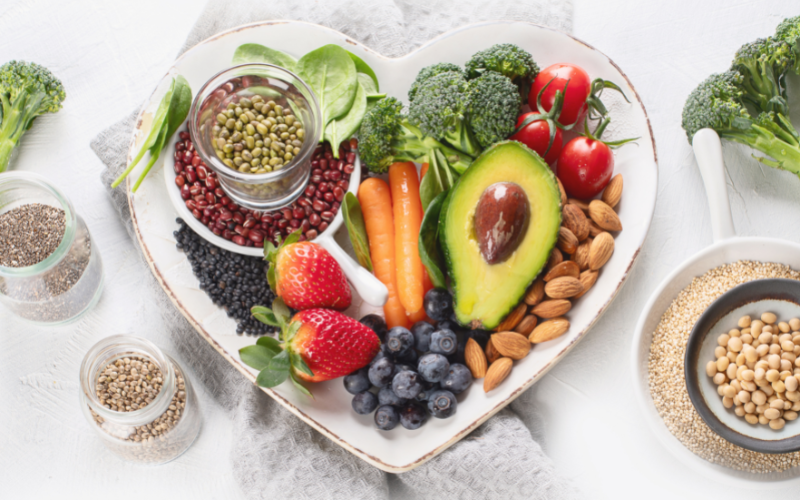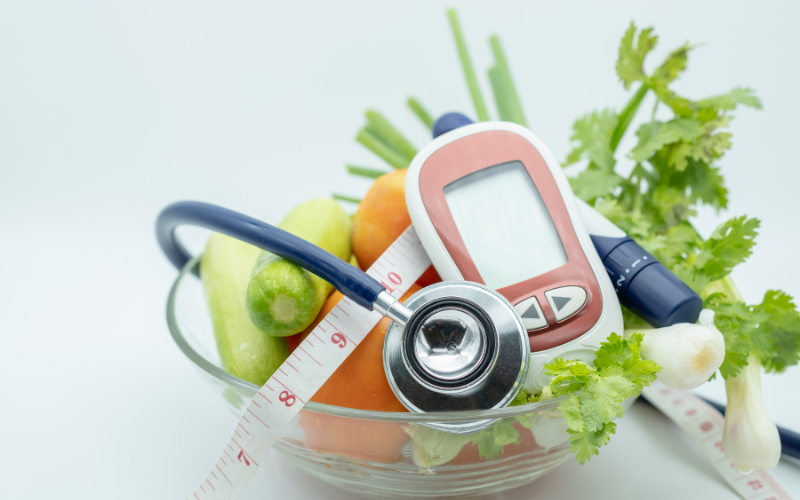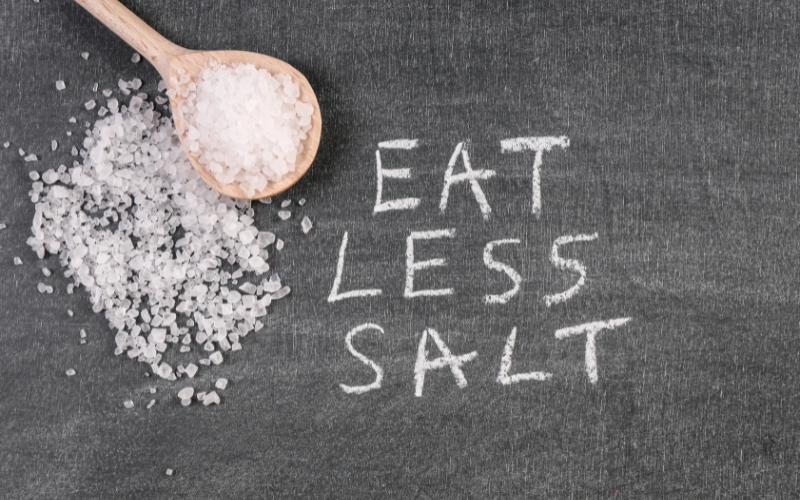Why you should eat less meat – top 7 benefits

If you want to improve your health, one of the best and easiest ways you can do this is by reducing your meat intake. You score double points if you swap the meat in favour of more vegetarian meals. Love a good steak and can’t fathom giving it up? Don’t worry, you can still have your steak and eat it too!
There’s no need to give up meat altogether (unless you want to, of course). Just eating less meat, aka meat free Monday perhaps, and consuming more plants will reap you many health rewards. Read on so we can enlighten you on why you should eat less meat. Here are our top 7 seven benefits.
1. Better overall health
Research shows plant-based diets are associated with a whole range of health benefits and disease reduction compared with meat based diets. We will cover off some of the main ones further on (diabetes, heart, cancer) but you can be sure that eating plenty of vegetables, fruits, legumes, grains, nuts and seeds is synonymous with greater physical and mental wellbeing and vitality.
2. Better weight management
Because plants contain fewer calories and less fat, it’s easy to see why eating more plants and less meat might help you to maintain a healthy weight.
Studies back this up, showing that those who follow a vegetarian meals diet can lose more weight than those who eat non vegetarian diets. On the other hand, meat consumption has been positively correlated with obesity, where the higher the meat consumption, the greater likelihood of overweight and obesity.
3. Improvements to gut health
Good health starts in the gut they say, with scientists now beginning to understand the gut microbiome’s impact on our immune system, brain health, mood, metabolism and body weight. And what’s the most important factor determining your gut health? What you eat, of course, which is totally within your control.
Excluding or reducing meat intake tends to go hand in hand with eating more vegetables, fruits, beans, legumes, grains and nuts. These foods all contain plenty of fibre which feeds and nourishes healthy gut bacteria. Whether you eat meat or not, it’s worthwhile to have a good intake of plant foods and include plenty of variety in your diet.
4. Reduction in heart disease risk
Consuming large amounts of meat has been associated with the development of heart disease. This is especially true for red meat and even worse, processed meats (such as bacon, ham and sausages).
Correlated with heart health are your cholesterol levels which tend to elevate when large amounts of animal products are consumed. By contrast, plants do not contain cholesterol and eating a plant-based diet has the effect of lowering cholesterol and improving blood lipid profiles.
5. Prevention of type 2 diabetes
Choosing to reduce your meat consumption may be a key step in managing or potentially reversing Type 2 diabetes. That’s because, once again, reducing the amount of meat you eat usually goes hand in hand with other healthy dietary habits such as higher consumption of leafy green vegetables, fresh fruits, whole grains and nuts.
6. Reduction in risk of many cancers
There is strong evidence that eating processed meats is linked to cancer, particularly colorectal cancer. There are also connections between red meat and other cancers, including digestive, kidney, bladder, pancreatic, prostate and breast.
Research is still ongoing but suggests that the reasons could be to do with DNA damage, saturated fat content of meat, carcinogenic compounds created during meat processing or cooking at high temperatures.
Conversely, plant foods have a protective effect against cancer. In studies, vegetarian diets (even those that included a little fish and meat) have been linked to lower incidence of colorectal cancer compared with meat-based diets.
7. Environmental & ethical reasons
As well as all the personal health benefits, eating less meat may be good for the planet. That’s because meat production tends to require extra resources and creates more greenhouse gases than farming of fruits and vegetables. Animal products also contribute to more pollution and deforestation.
Another consideration is animal welfare, particularly within large industrial farms that may be overcrowded and provide inadequate sunshine or outdoor time to animals. Not to mention the additional concerns of poor-quality feed and the use of hormones and antibiotics that cast ethical and health dilemmas over some meat production.
So, are vegetarian meals the only way to go?
No! If you can’t imagine life without a Sunday roast, you’ll be pleased to know that you can still get all the above benefits by simply reducing your meat intake, rather than cutting it out altogether.
This style of eating is often called flexitarian. And the reason it works is that many health benefits come from what you do include in your diet, rather than what you take out. For example, eating more plant foods will probably have a bigger impact on your health than eliminating animal foods. Likewise, if you stop eating meat but continue to eat lots of heavily processed foods, you are unlikely to see improvements to your health. A balanced, healthy diet is the key alongside a reduction in intake of foods high in fat, salt, sugar and refined grains.
And a word of warning - just because a food is labelled as plant-based, vegan, or vegetarian does not necessarily mean it’s healthy. There’s a plethora of new plant-based foods springing up in the market and touting themselves as healthy alternatives to meat, but it’s our strong opinion that Plant-based meat is not all it’s beefed up to be.
The healthier way to eat meat
By now you will know why you should eat less meat. If or when you do eat meat, a healthier route is to opt for unprocessed meats from ethically raised animals and minimise high temperature cooking.
Perhaps you can get onboard the meat free Monday craze or eat one vegetarian meal every single day? If you’re stuck for meat-free meal ideas, Dietlicious has many tasty vegetarian meal options to choose from. Alternatively, try cutting down on the portion of meat on your plate. Any dietitian will tell you that your piece of meat should equate in size to the palm of your hand or a deck of cards yet most of us eat much more.
If clean eating is your goal then a Dietlicious Food Cleanse may be perfect for you – our 5 or 10 day options provide a great kick-start to healthy eating as they are free from all red meat, gluten, dairy, sugar, additives and processed foods. A cleanse includes fish, chicken and vegetarian meals and will leave you feeling light yet nourished and energised!







